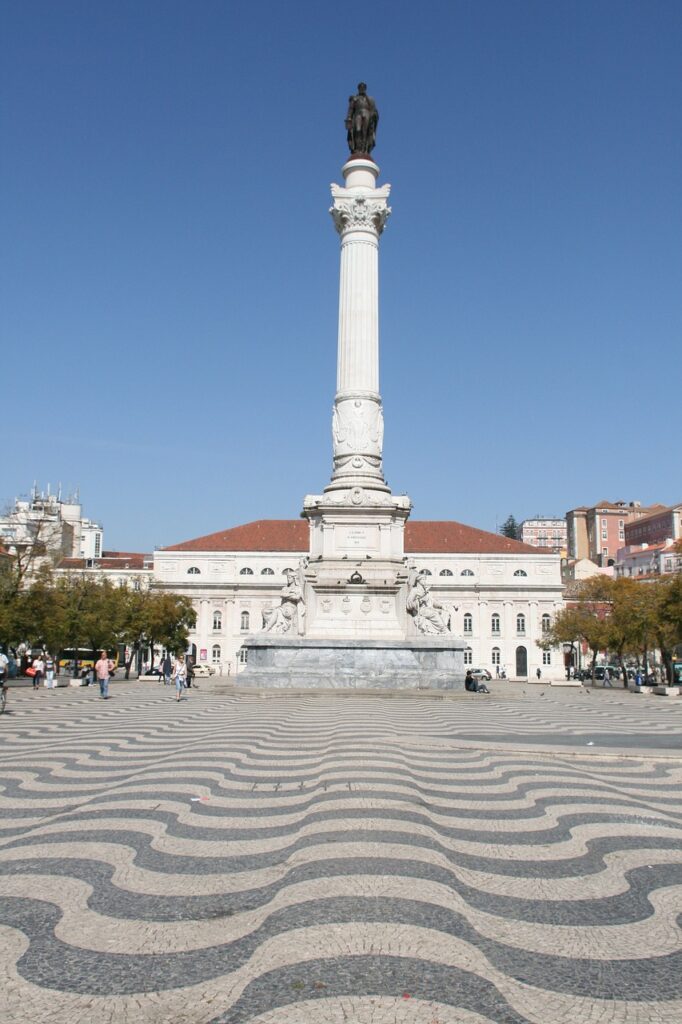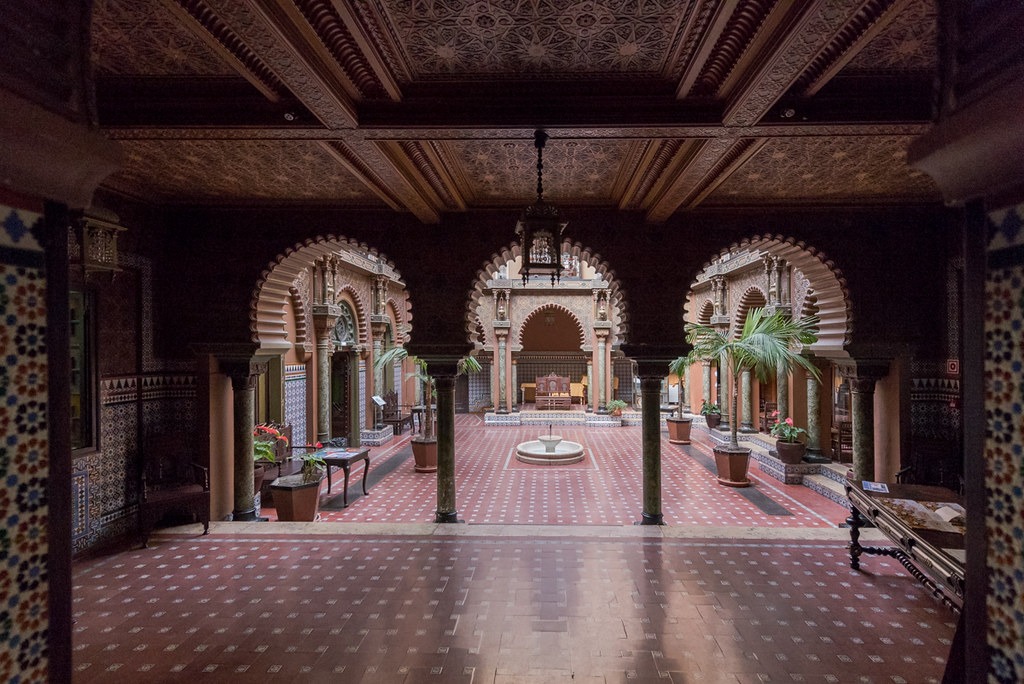Portugal, with its rich history, diverse landscapes, and vibrant culture, is a fantastic travel destination year-round. However, the best time to visit can vary depending on what you want to experience, be it the beaches, the cities, the countryside, or cultural festivals. From my experience , I think summer is the best choice for traveling in Portugal Here’s an in-depth look at the different seasons in Portugal and what each offers to help you plan the perfect trip.
Table of Contents
ToggleSpring (March to May)
Weather: Spring is one of the best times to visit Portugal. The weather is mild and pleasant, with temperatures ranging from 15°C (59°F) to 22°C (72°F). Rain is less frequent compared to winter, and the days are getting longer.
Advantages:
- Blooming Landscapes: The countryside is lush and green, and flowers are in full bloom, especially in regions like the Douro Valley and the Alentejo.
- Fewer Crowds: Tourist numbers are lower compared to the summer months, making it easier to explore popular sites without the crowds.
- Festivals: Several festivals take place during spring, such as the Festa das Cruzes in Barcelos and the Flower Festival in Madeira, which showcases elaborate floral displays and parades.
Activities:
- Sightseeing: Explore cities like Lisbon, Porto, and Sintra comfortably without the summer heat.
- Hiking: Enjoy hiking trails in national parks like Peneda-Gerês or the stunning landscapes of Madeira.
- Wine Tasting: Visit the Douro Valley during the grape-growing season for wine tours and tastings.
Summer (June to August)
Weather: Summer in Portugal is hot and dry, with temperatures often reaching 30°C (86°F) and higher, particularly in inland regions like Alentejo. Coastal areas like the Algarve enjoy slightly cooler temperatures due to the Atlantic breeze.
Advantages:
- Beach Season: Perfect time for beach lovers to enjoy Portugal’s stunning coastline, especially in the Algarve, Cascais, and Costa Vicentina.
- Festivals and Events: Summer is festival season, with major events like the Festas de Lisboa, NOS Alive music festival, and the medieval fair in Óbidos.
- Long Days: With longer daylight hours, there’s more time to explore and enjoy outdoor activities.
Activities:
- Beach Holidays: Relax on the beaches of the Algarve, surf in Peniche or Ericeira, and explore hidden coves along the coast.
- Cultural Festivals: Participate in local festivals, enjoy live music, and experience Portuguese culture firsthand.
- Outdoor Activities: Go hiking, cycling, or kayaking. The Peneda-Gerês National Park and the Azores are great for summer adventures.
Considerations:
- Crowds and Prices: Summer is peak tourist season, so popular destinations can be crowded, and accommodation prices are higher. Booking in advance is essential.
- Heat: Inland areas can be very hot. Coastal areas are more comfortable, but always stay hydrated and protect yourself from the sun.
Autumn (September to November)
Weather: Autumn brings milder temperatures, typically between 17°C (63°F) and 25°C (77°F), and fewer tourists. September and October are particularly pleasant, while November can start to see more rain.
Advantages:
- Harvest Season: It’s the harvest season in wine regions, making it a perfect time for wine tourism, especially in the Douro Valley and Alentejo.
- Cultural Events: Various cultural and gastronomic festivals occur, celebrating local food, wine, and traditions.
- Ideal Hiking Weather: Cooler temperatures make it a great time for outdoor activities.
Activities:
- Wine Tours: Participate in the grape harvest, visit vineyards, and enjoy wine tastings during the harvest season.
- City Exploration: Visit Lisbon, Porto, and other cities with pleasant weather and fewer tourists.
- Hiking and Nature: Explore national parks and nature reserves, with beautiful autumn foliage in regions like Gerês.
Winter (December to February)
Weather: Winter is mild compared to northern Europe, with temperatures ranging from 10°C (50°F) to 15°C (59°F) in coastal areas. Inland regions and higher altitudes can be cooler, and there’s more rainfall, especially in the north.
Advantages:
- Lower Prices: Winter is the low season, so you’ll find lower accommodation prices and fewer tourists.
- Christmas Celebrations: Enjoy festive markets, Christmas lights, and traditional celebrations in cities like Lisbon, Porto, and Funchal (Madeira).
- Surfing: Winter offers some of the best surfing conditions, particularly in Nazaré, known for its giant waves.
Activities:
- City Breaks: Explore Lisbon, Porto, and other cities without the summer crowds. Enjoy museums, historic sites, and indoor attractions.
- Festive Events: Experience Christmas and New Year celebrations, such as the famous New Year’s Eve fireworks in Madeira.
- Surfing: Head to the west coast for excellent winter surfing conditions.
Considerations:
- Rain: Be prepared for rain, especially in the north. Coastal regions generally have milder and drier conditions.
- Shorter Days: Shorter daylight hours mean less time for outdoor activities, but there are plenty of indoor attractions to enjoy.
Regional Considerations
Lisbon and Porto:
- Best Time: Spring and autumn are ideal for comfortable weather and fewer crowds.
- Summer: Good for festivals and nightlife but expect higher temperatures and more tourists.
Algarve:
- Best Time: Summer for beach holidays, but spring and autumn are also great for milder weather and fewer crowds.
- Winter: Mild and pleasant, ideal for a quiet getaway.
Madeira:
- Best Time: Year-round destination due to its mild subtropical climate. Spring for the Flower Festival, summer for outdoor activities.
- Winter: Excellent for escaping colder European climates, with lush landscapes and Christmas celebrations.
Azores:
- Best Time: Late spring to early autumn for the best weather and outdoor activities. Summer for whale watching and exploring the islands.
- Winter: Mild but wetter, with fewer tourists.
Conclusion
The best time to travel to Portugal depends largely on what you want to experience. Spring and autumn offer mild weather, fewer crowds, and vibrant landscapes, making them ideal for sightseeing and outdoor activities. Summer is perfect for beach lovers and festival-goers but be prepared for higher prices and more tourists. Winter is great for budget travelers, surfing enthusiasts, and those looking to enjoy festive celebrations without the summer heat. Each season in Portugal has its unique charm, ensuring a memorable visit no matter when you choose to go.


